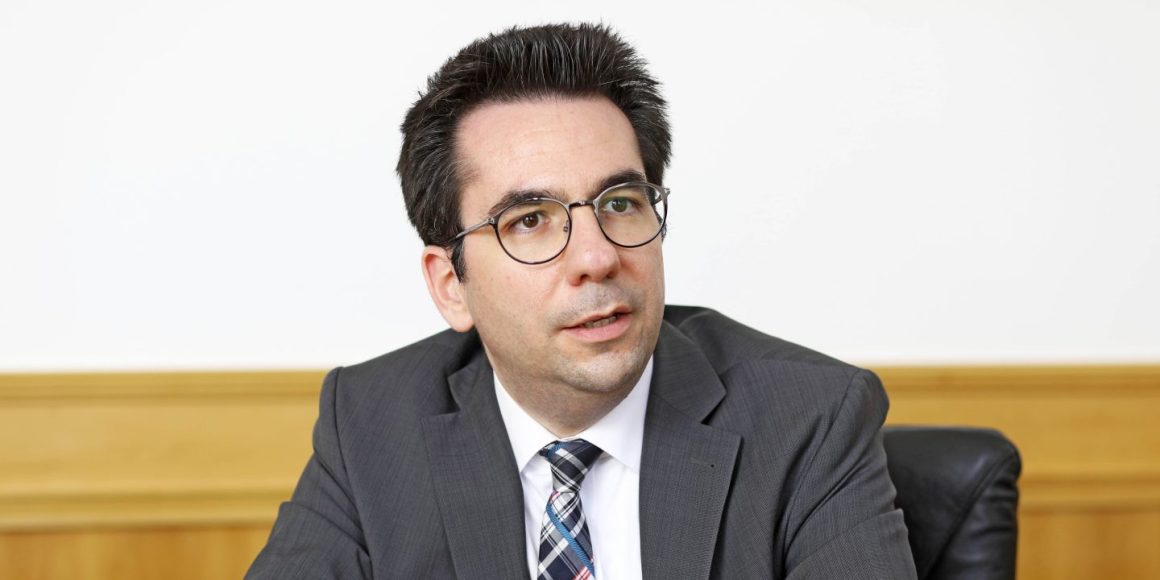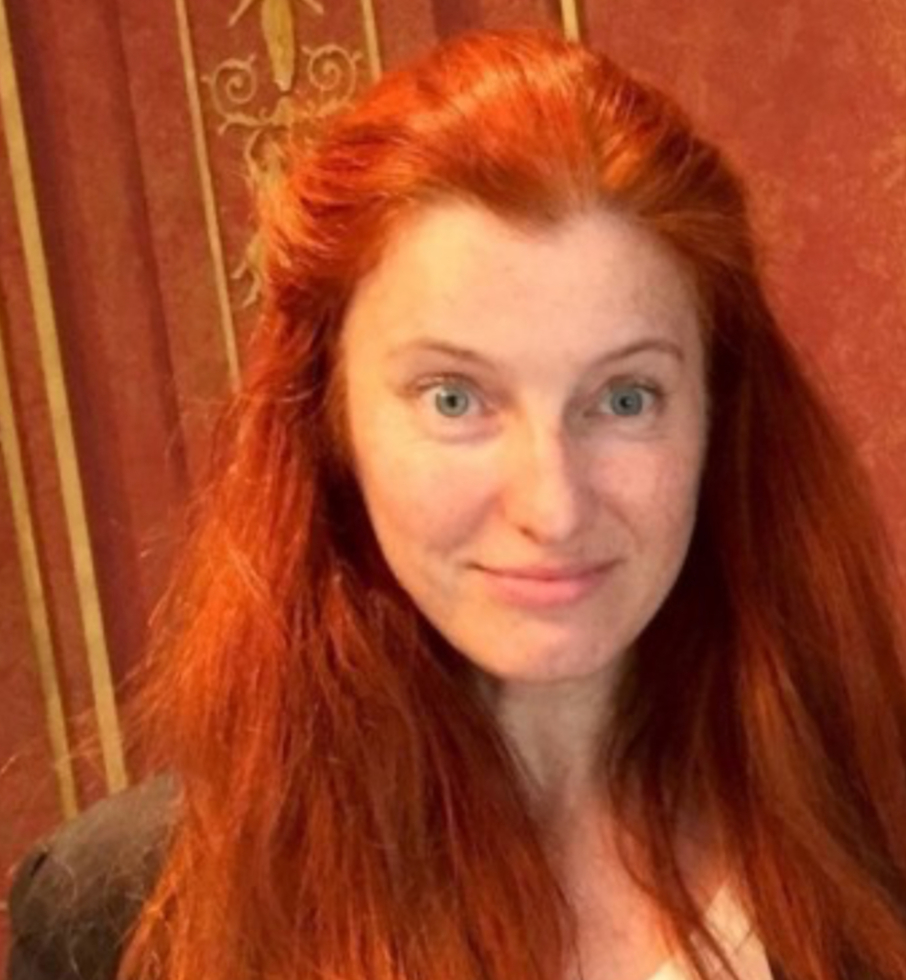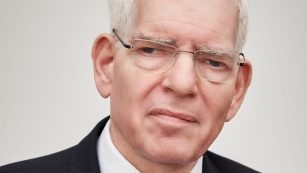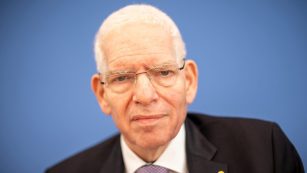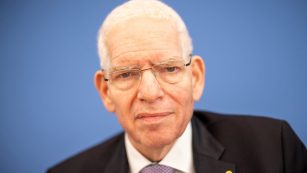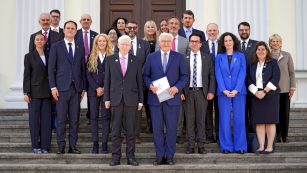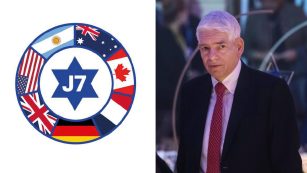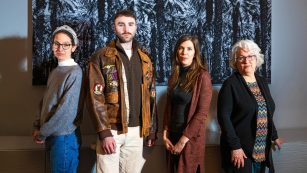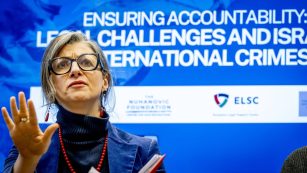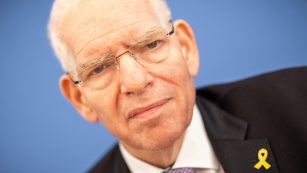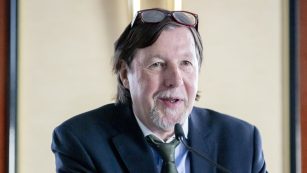Mr. Botmann, you are in Buenos Aires with a delegation of the J7 to commemorate the victims of the 30th anniversary of the attack on the AMIA community center. What does being here mean to you?
The AMIA attack is hardly known outside the Jewish communities in Europe, but it was one of the most serious antisemitic attacks since the Shoah. The Central Council of Jews is commemorating the victims at the site, along with representatives of the world’s major Jewish communities. There is every indication that Iran’s mullah regime under Khamenei was behind this Islamist attack 30 years ago. In view of the current situation in the Middle East and throughout the world, we have to concede little has changed.
What does the program look like?
The J7 were invited to Buenos Aires by the Argentinian member organisation DAIA (Delegación de Asociaciones Israelitas Argentinas). The commemoration event will be followed by a conference organized by the World Jewish Congress, while the commemoration itself will provide the framework for the J7 meeting, which started on Monday evening. Discussing the current challenges facing the Jewish community, and to learn from each other about promising strategies to combat antisemitism in our respective countries is the aim. The Central Council will benefit from those discussions, but also has a lot to offer: We have been able to achieve a lot in recent years, especially in terms of legislation.
Like what?
We were successful in making the burning of flags a punishable offence, regardless of the country. We have ensured that an antisemitic motive in the commission of a crime is now punishable, and that antisemites cross the threshold of criminal liability more quickly with the new offence of incitement to hatred. We are currently campaigning for making incitement to the destruction of a state a criminal offence. There must be a direct route »from the river to the sea« to the courtroom.
A year ago, J7 set out to improve the connection between Jews in major communities around the world against the rampant antisemitism. Have there already been any successes?
Bringing together the largest Jewish communities outside of Israel is a success in itself. There are about as many Jews in the J7 countries Argentina, Australia, Canada, France, Germany, United Kingdom, United States as there are in Israel. The Anti-Defamation League in the US plays an important role in providing the organizational framework for the J7. In March, representatives of the J7 met with United Nations Secretary General António Guterres in New York. It was an intensive exchange. The Jewish community outside of Israel must be heard at the UN.
What is the next step for the J7?
We want to make sure the legal framework for the fight against antisemitism is further strengthened in all our countries. In doing so, we contribute to strengthening democratic structures as a whole. In the first half of 2025, the Central Council will take over the chairmanship of the J7 and organize the meeting around the 80th anniversary of the fall of Nazi Germany.
What advice would you give to Jews who are increasingly desperate in the face of such commemorations and the current global situation?
We Jews never give up. We stick together, and this cohesion allows us to look to the future with unity and confidence.
Sophie Albers Ben Chamo spoke to the Executive Director of the Central Council of Jews in Germany.

